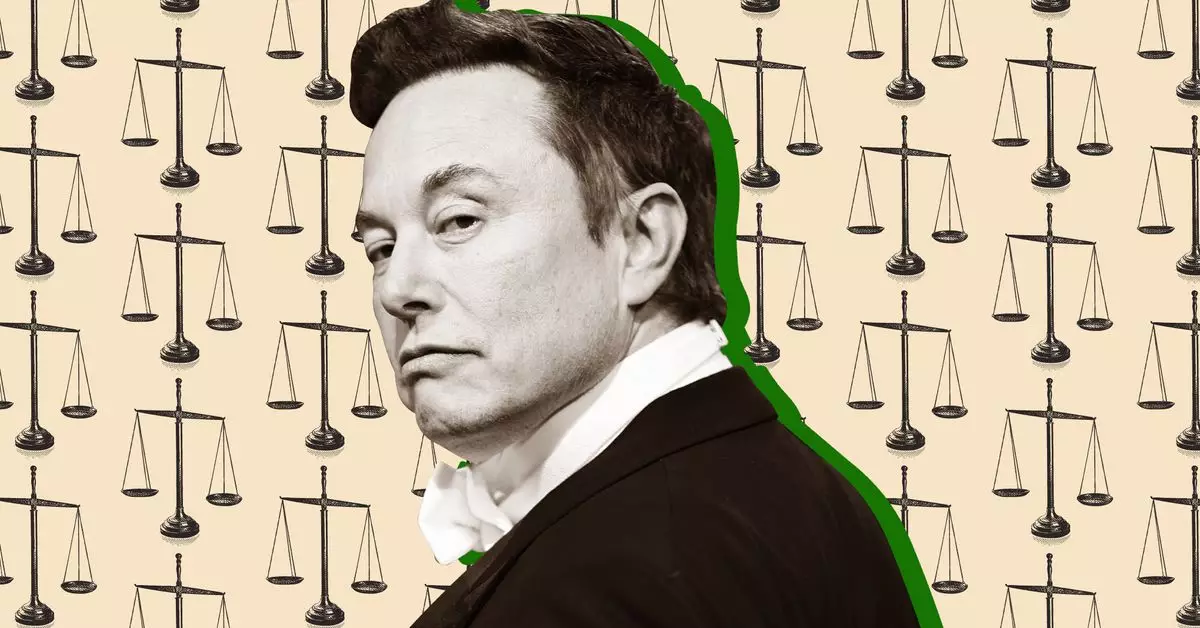In a dramatic escalation of tensions between Elon Musk and OpenAI, Musk’s legal team has initiated a new motion seeking a preliminary injunction that could reshape the landscape of artificial intelligence governance. Filed late last Friday, this legal maneuver aims to thwart OpenAI’s efforts to pivot to a profit-driven model, asserting that such a transition poses significant risks not only to Musk’s interests but to the broader ethical landscape of AI development. The implications of this lawsuit extend beyond the individual parties involved; they touch on key issues surrounding accountability and responsibility in technology.
Musk has been a vocal critic of AI developments, citing concerns over the technology’s potential for misuse and the lack of oversight in its evolution. As OpenAI shifts gears towards a for-profit entity, Musk’s lawyers argue that such a transition could undermine OpenAI’s foundational mission of developing safe and beneficial AI. This contention raises pertinent questions about the prioritization of financial gains over ethical obligations in tech enterprises.
At the heart of the legal action are allegations that OpenAI, with Microsoft’s alleged complicity, has engaged in anti-competitive practices. Musk’s attorneys claim the two entities conspired to discourage investments in rival firms, a charge that references the Sherman Act—one of the cornerstones of U.S. antitrust law. Such accusations, if validated, could have severe repercussions not only for OpenAI but also for the tech industry’s structural dynamics.
The implications of antitrust violations extend significantly within the tech sector, often resulting in drawn-out legal battles and substantial penalties. Musk’s team contends that the collusion effectively stifles innovation by restricting financial support for competitive alternatives. This tactic, if proven, poses unfair barriers to entry for emerging firms in the artificial intelligence arena, a space already crowded with potential.
In line with their request for a court injunction, Musk’s lawyers argue that due to alleged self-serving actions by OpenAI CEO Sam Altman, the organization may lack the financial fortitude to cover damages should Musk prevail in his lawsuit. This argument suggests a deeper concern: if a profit-driven model detracts from OpenAI’s capacity to uphold its obligations, it casts doubt on future investments and the stability of the organization itself.
Musk’s legal challenge underscores the tension between ethical AI development and the capitalist motivations that often permeate technology enterprises. As OpenAI proceeds with its plans to restructure, the outcome of this lawsuit could serve as a bellwether for the industry at large, setting a precedent around the legal and ethical frameworks essential for AI innovation. Will companies develop a more robust governance structure to balance profit with accountability, or will financial motivations continue to overshadow ethical imperatives?
The ongoing legal conflict between Musk and OpenAI lays bare the significant dilemmas facing the artificial intelligence sector as it strives for both innovation and ethical integrity. Musk’s assertive legal strategies and vocal advocacy for responsible AI practices signal a need for greater scrutiny of how profits are pursued in this rapidly evolving landscape. The outcome of this case may not only affect Musk and OpenAI but could also resonate throughout the tech industry, potentially reshaping how technology companies approach their mandates in the face of competing demands for profit and purpose.

